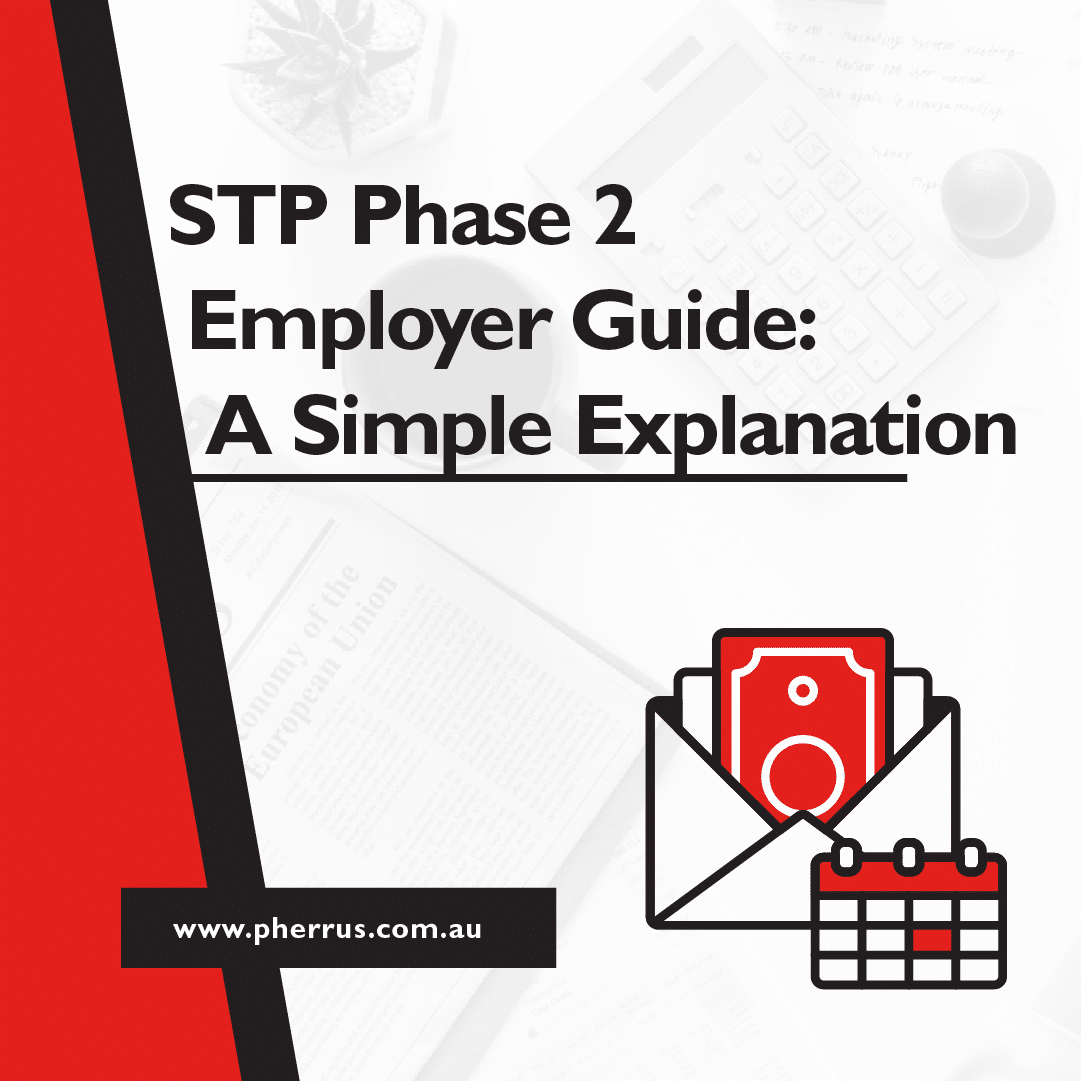Clarifying ATO Garnishee Notices: Federal Court Rules Out Tax-Related Liability for Non-Compliant Entities
It will come as no surprise that the ATO takes overdue tax payments very seriously. Because of this, the tax office is afforded certain legal rights which enable their officers to follow up missed payments, and to collect them in full from any entity which finds themselves in arrears.
However, a recent case has set a precedent which will dictate how these claims are processed and prosecuted in the future. This case will be of particular interest to any organisation struggling with unpaid invoices, and concerned that these overdue payments will, in turn, make it difficult to submit the required tax payment on time.
In December 2018, a Federal Court heard the case of Fyna Projects Pty Ltd v DCT [2018) FCA 2041. The eventual decision means that a failure to comply with a garnishee notice from the ATO does not lead to a tax-related liability on the part of the noticee.
In the Fyna Projects Pty Ltd case, the tax payer had a tax-related liability of $770,000, and received a garnishee notice in accordance with ATO protocol. One of the parties who were in debt to the tax payer continued to make payments on this debt after the issuing of the notice. The Commissioner put it to the court that this situation was grounds for a tax-related liability on the part of the debtor, but this was rejected at a Federal level. This means that the ATO is unable to issue further garnishee notices to debtors of entities who have already been issued with these notices.
Basically, each entity is required to take responsibility for their own taxable income and their own tax bill. If a client falls into arrears on payments to your organisation, you are still required to submit payment in full when requested by the ATO. If problems arise, you will be able to raise an appeal with the ATO, although there is no guarantee that this will be successful.
Failure to comply with a garnishee notice puts an organisation at serious risk. Once the ATO garnishee notice has been served, the ATO will be able to charge interest on unpaid tax bills, as well as chase up the outstanding amounts via messages in the myGov portal, SMS communications, physical letters, and phone calls.
The ATO will also be able to freeze or discount any future tax refunds or credits in order to cover the overdue payment. The debt may be passed over to external debt collection agencies – each of which will operate their own schedule of fees in addition to the outstanding payment and accrued interest – and the ATO will be able to pursue further legal action if there is deemed to be an ongoing issue.
To learn more about how to stay compliant with the ATO’s requirements and optimise your tax payment procedures, or to discover how Pherrus’ services can help you and your business, get in touch with our expert team today. We are waiting to hear from you.




